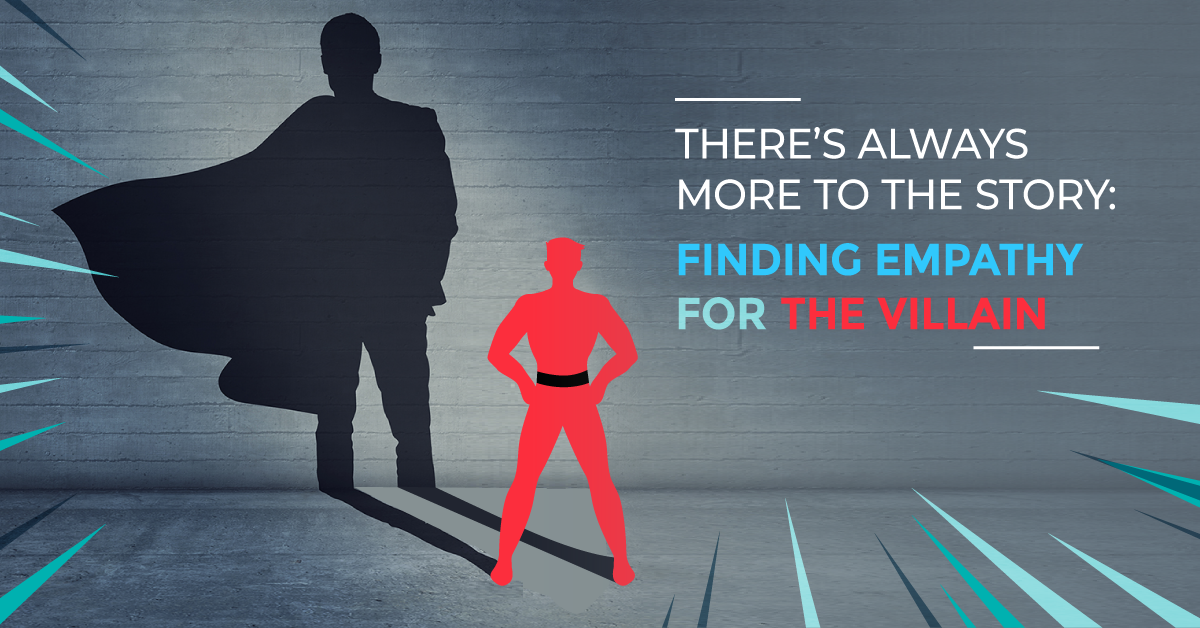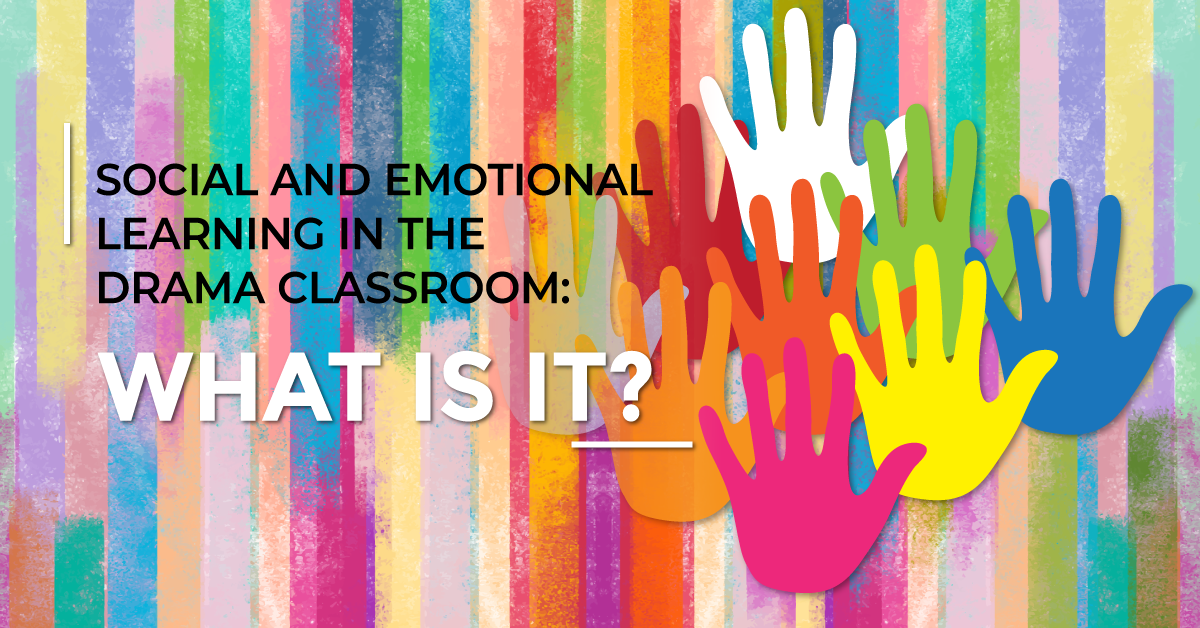There’s Always More to the Story: Finding Empathy for the Villain
In this article, we’re focusing on social awareness, which is one of the five areas of Social and Emotional Learning (SEL). If the concept of SEL is new to you, check out this article to get a basic overview of it: Social and Emotional Learning in the Drama Classroom: What Is It?.
Social awareness focuses on the ability to understand the perspectives of and empathize with others, including those from diverse backgrounds, cultures, and contexts. Social Awareness is all about demonstrating empathy and compassion for others, acknowledging and appreciating the views and feelings of others, and cultivating respect and understanding of others. This is so important, particularly in the drama classroom, because theatre is all about students from all walks of life coming together to create theatrical art.
We’re jumping into this with both feet and exploring a challenging topic: finding empathy for villainous characters. We’ve talked about theatrical villains in the past on the Theatrefolk blog, in the posts The Other Side of the Story: The Villain and Creating Conflict with the Supervillain.
Some students are resistant to studying or portraying villains because of their own personal moral compasses or beliefs. When approaching villainous characters, challenge students to delve deep into how the villain ended up that way. There’s always more to the story than meets the eye. Try the exercises in the linked posts with your students, and help them peel away the layers of the villainous characters to discover something they can empathize with. Here are some discussion questions that can help your students along this path:
- What is the difference between empathy and sympathy?
- What does it mean to be empathetic?
- What does the saying “to walk a mile in someone’s shoes” mean? Have you ever done this? Could you do this for a villainous character? Why or why not?
- Does empathizing with someone’s point of view mean you have to agree with them?
- What does the phrase “pushed to the breaking point” mean? How does this relate to a particular villain? Have you ever felt this way? What caused that feeling?
And try the following exercise with your students:
Many villains have a moment in their lives where a major event occurs that triggers their descent into villainy. Think about a particular villainous character (from a play or musical, movie, book, comic, etc.) and identify the major event.
- What might have happened to the villain had that event not occurred? What might their life be like?
- What if the event had happened to someone else (e..g, the story’s hero, a sidekick, a member of the villain’s family, a random stranger)? What might have happened?
- In small groups (three to four students) write a brief scene illustrating one of the following:
- A day in the life of the villain had they not turned to villainy
- The event that triggered the villainy happening to someone else
- The hero and villain in a stand-off, with the villain explaining their descent into villainy and the hero starting to demonstrate understanding
- If time permits, perform the scene.



